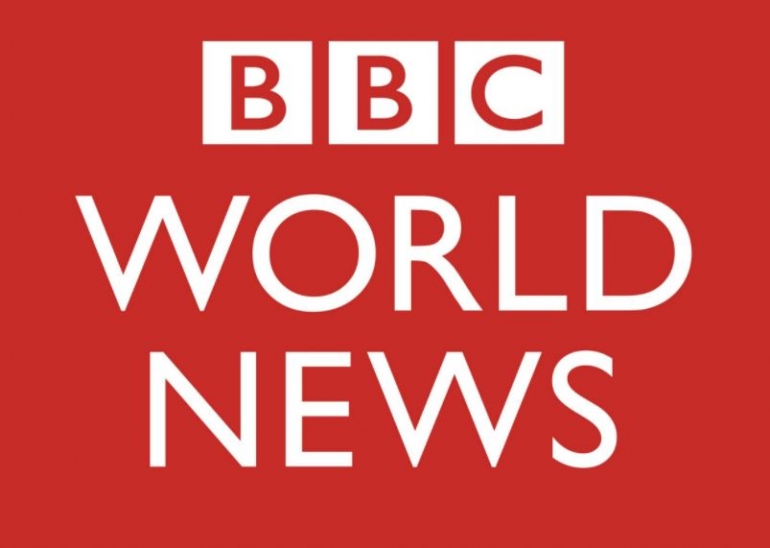Latest news
Read the latest news from the Centre for Sustainable Materials Research and Technology

UNSW SMaRT Centre Director, Professor Veena Sahajwalla was interviewed by the BBC World Service for its "wealth from waste: can urban mining save the planet" feature story.
Veena joins a range of other leading experts in recycling science and technology to show how waste can be used as a valuable resource to reduce the impact of mining natural resources.
Veena also talks about her Green Steel invention that uses carbon and hydrogen from waste rubber tyres, plastic and coffee grounds as a replacement for coke and coal in steel making.
The 'Future of steelmaking' show features leading researchers from around the world to examine technologies that might lead to greener steel production.
Listen to the podcast via BBC World Service
From the BBC:
Wealth from waste: can urban mining save the planet?
Reporter Ivana Davidovic investigates urban mining - the process of reclaiming raw materials from spent products, buildings and waste. She looks at what new technologies are helping us to recycle waste and the benefits that could bring.
In Antwerp, Belgium, she visits Umicore, once a traditional smelting company, which now specialises in extracting precious metals from electronics - and then puts them into new products, like catalysts or car battery components.
On the other side of the world - in Sydney, Australia - professor and inventor Veena Sahajwalla explains her innovative way to produce so-called "green steel."
Jessika Richter, a researcher from Lundt University in Sweden, tells us why the booming electric vehicles industry will increasingly have to find raw materials for batteries outside of conventional mining. Heather Clancy, the editor of the US-based Green Biz magazine, says US carmakers are now investing in urban mining.
Pascal Leroy, the director-general of the WEEE Forum, discusses how re-using waste can help the rest of the world become less dependent on rare earth materials which come from Russia, China and Ukraine.